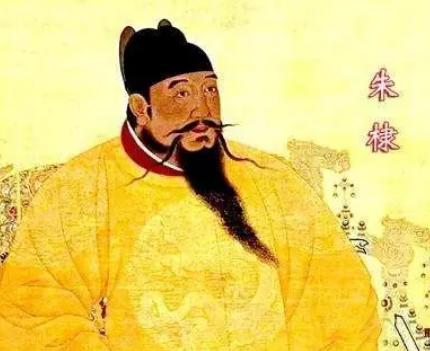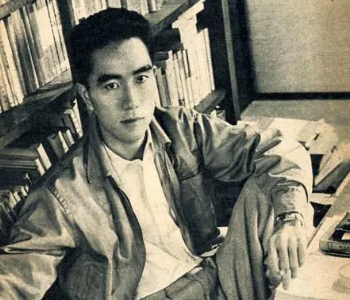Alexander Sergeyevich Pushkin is an important figure in the history of Russian literature, widely regarded as the father of Russian literature. However, there is some controversy about whether Pushkin should be called the father of Soviet literature. This article will explore Pushkin's status in Russian literature and the historical significance behind his title.

Pushkin was a Russian poet, playwright, and novelist in the early 19th century. His works had a profound impact on the development of Russian literature. Pushkin's creation marked the transition of Russian literature from imitating European literature to forming its own unique style. His poetry, drama, and novels not only enriched the forms of Russian literature but also deepened its content and themes.
Pushkin's works such as "Eugene Onegin," "The Tsar's Bride," and "The Bronze Horseman" are classics in the treasury of Russian literature. He revolutionized the use of the Russian language, making it an elegant and expressive tool. Therefore, Pushkin is recognized as the "father of Russian literature" for his contributions in the literary field.
However, when we discuss the title of "father of Soviet literature," the situation becomes more complicated. The Soviet Union was founded in 1922, while Pushkin died in 1837, meaning that he did not live or create during the Soviet period. Therefore, from a historical perspective, calling him the "father of Soviet literature" is inaccurate.
Nevertheless, Pushkin's works had a profound impact on later Soviet writers, and his literary legacy was inherited and carried forward by the literary world during the Soviet period. In this sense, Pushkin can be regarded as a spiritual pioneer of Soviet literature, but calling him the "father of Soviet literature" is a simplification of historical facts.
Conclusion:
In summary, Alexander Sergeyevich Pushkin is undoubtedly the father of Russian literature, and his works and influence laid the foundation for the development of Russian literature. Although his works had a profound impact on Soviet literature, it is not appropriate to call him the father of Soviet literature. Pushkin's literary achievements should be seen as transcending the times, and his legacy continues to play an important role in today's Russian and world literature.
Disclaimer: The above content is sourced from the internet and the copyright belongs to the original author. If there is any infringement of your original copyright, please inform us and we will delete the relevant content as soon as possible.
































